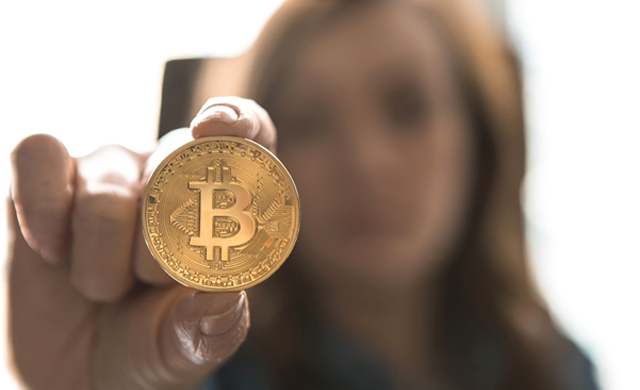Do you want to secure your Bitcoin? If yes, follow these simple steps to enhance the safety of your digital money.

It’s no secret that Bitcoin has disrupted the traditional financial system. That’s because it has allowed users more freedom and control over their funds. However, freedom requires some responsibility. This cryptocurrency may serve as a hedge against inflation or a faltering economy. Nevertheless, it has risks that you should be wary of when trading or investing.
One of the risks that most Bitcoin users should be wary of is hacking. And this is the reason why many people are hesitant to adopt Bitcoin. As such, good security is essential when using Bitcoin. Unfortunately, not everybody will pay attention to security measures when using Bitcoin.
Whether you want to trade Bitcoin via a crypto exchange like Bitcoin Champion or use this digital currency to pay for items or services online, prioritize security. Here are tips to follow to secure your Bitcoin.
Create Strong Passwords
Most thieves use brute force cracking to access Bitcoin users’ accounts. And most individuals make mistakes when they create simple passwords. Another mistake is to use similar passwords on several crypto wallet accounts.
To secure your coins:
- Create passwords with a minimum of 16 characters.
- Combine letters, numbers, symbols, and capitals.
- If this is too difficult to recall, create a sentence with at least 20 characters and use it as a password.
Secure Your Computer
If you use your computer to complete Bitcoin transactions, keep it secure. For instance, the operating system of your computer should be safe. Windows has the most users globally, and most viruses target this operating system. Antivirus may not be 100% effective, and it can slow down the computer. However, always have an antivirus in the computer that you use to complete Bitcoin transactions.
If possible, dedicate one computer exclusively to crypto transactions. Also, avoid crypto-related activities when surfing the internet.
Update Your Device Regularly
Updating your device can fix security vulnerabilities and bugs. Therefore, run computer updates more often. Open-source programs have frequent updates. That’s because more developers keep auditing their codes. Sometimes individuals delay in updating their devices, and this makes them susceptible to hacks. And more hackers create viruses for exploiting known vulnerabilities.
Embrace Two-Factor Authentication
If somebody cracks your password, two-factor authentication will prevent them from accessing the account. Thus, 2FA provides an additional security level because it generates another password from a text message or phone application. Essentially, a hacker must access your phone even after stealing your password to steal your Bitcoin. When using a crypto exchange, embrace two-factor authentication.
Double-Check Every URL
Even with an air-tight security system, sending Bitcoin to a fake site means a loss of your money, and you can find several fake sites mimicking genuine cryptocurrency websites. However, most of them change a single letter in the domain name to trick people. Therefore, double-check every URL before sending Bitcoin. Also, never send Bitcoin to a non-encrypted website with HTTPS.
Double-Check Crypto Addresses
Double-check the address of the person you want to send Bitcoins to because you can’t reverse a crypto transaction. A crafty virus can also change a URL if you copy-paste it. A chrome extension can also alter the QR code in the browser. Therefore, double-check the address before sending Bitcoin.
Backup Private Keys
If you don’t back up your private key, you can quickly lose the money in your digital wallet. That’s because you need the key to access your Bitcoin. If running a core wallet, save regular backs on a USB key. Your digital wallet may generate a 24 or 13-word seed for restoring your addresses. In that case, write them somewhere safe without a digital record.
Nobody wants to lose their hard-earned Bitcoins. Follow these tips to secure your digital money.


 Hot Features
Hot Features













